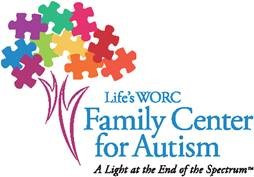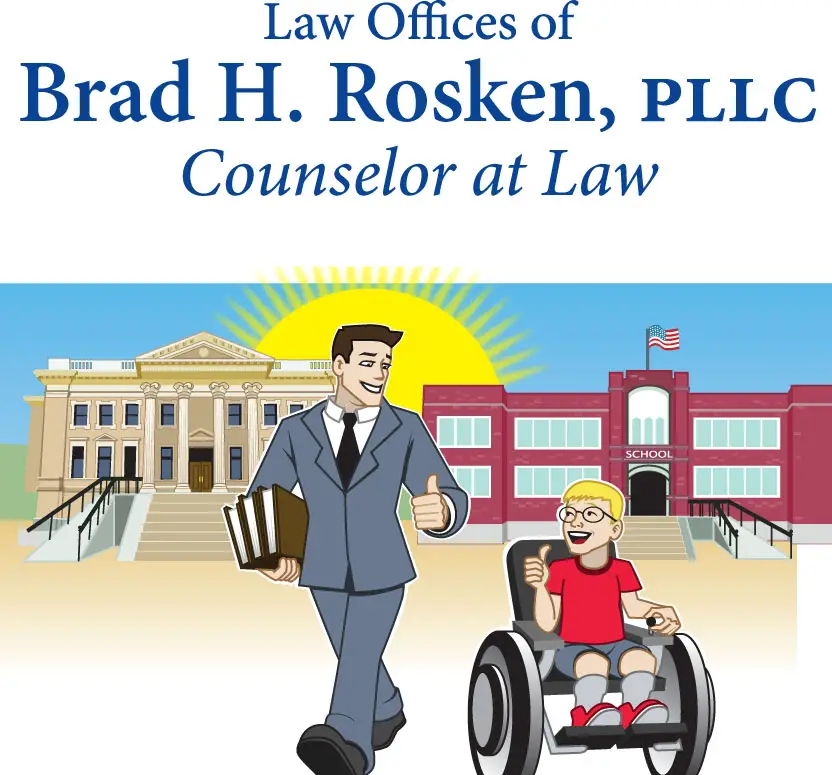

More Articles:

At What Age Can Children Legally Sit in the Front Seat?
Before you let your child sit in the front seat of your car after calling "Shotgun," make sure you know how old your child should be before they becom...Latest News:

Live Coronavirus Updates for Parents and Kids in the New York Metro Area
UPDATED DAILY: Live updates on coronavirus developments in the New York metro area, as well as tips for discussing the pandemic with your children, ke...Family Activities:
Have a Laugh:

Best Memes of the Week for Parents
Here are the funniest parenting memes from Instagram, Facebook, and Reddit this week.Featured Listings:

Life’s WORC The Family Center for Autism
Garden City, Finally, there’s a place where you can find innovative classes and clubs for your loved one with autism… and support, guidance and understanding for y...

JCC of Mid-Westchester
Scarsdale, NY The Jewish Community Center of Mid-Westchester is a nonprofit organization dedicated to enriching the community by providing cultural, social, educati...

Winston Prep New York
New York, NY Winston Preparatory New York is a leading school for students with learning differences, including dyslexia, ADHD, and nonverbal learning disorders (N...

Law Offices of Brad H. Rosken, PLLC
Melville, New York School districts consult their attorneys, why shouldn’t you? Mr. Rosken is an experienced trial attorney; he is also a parent of a child with special ...


